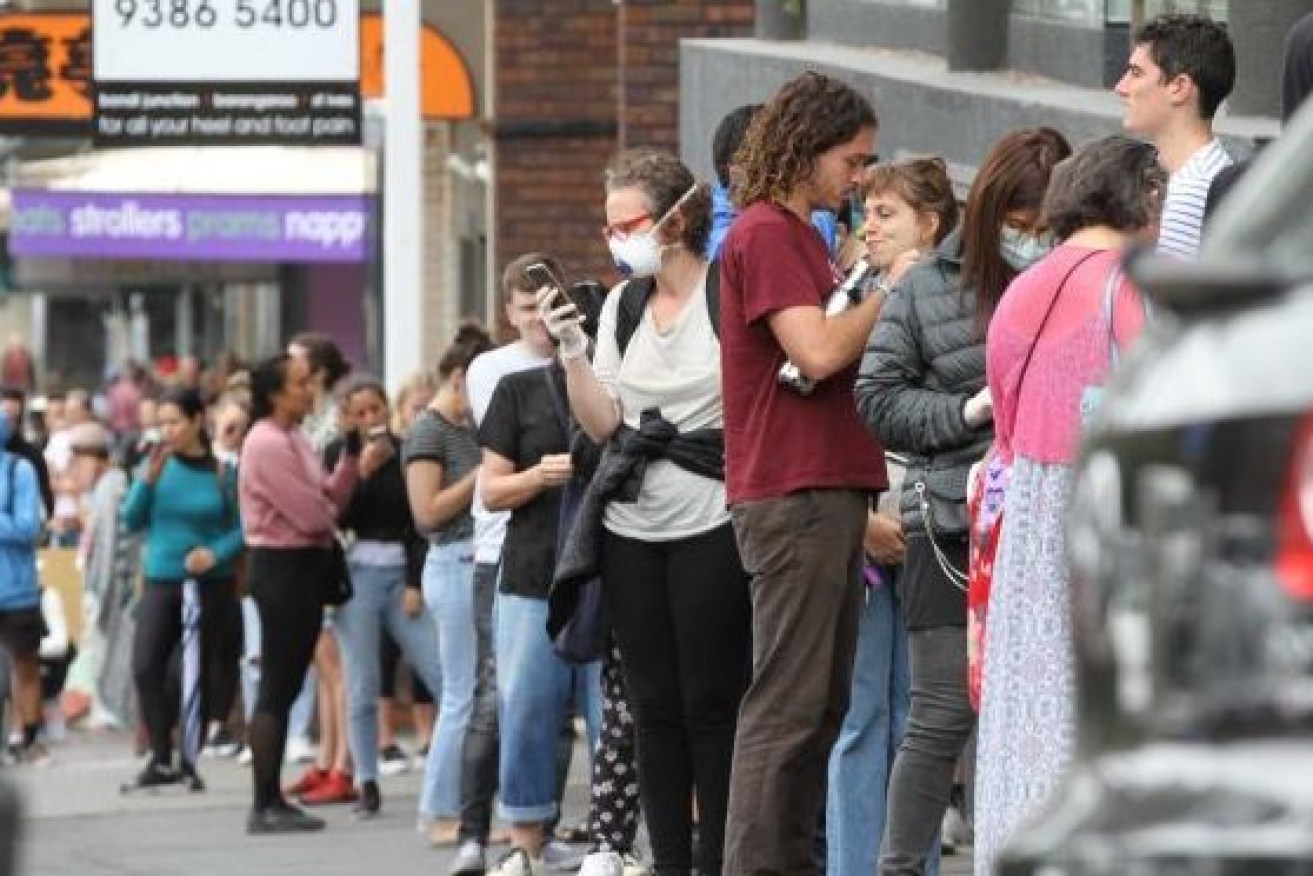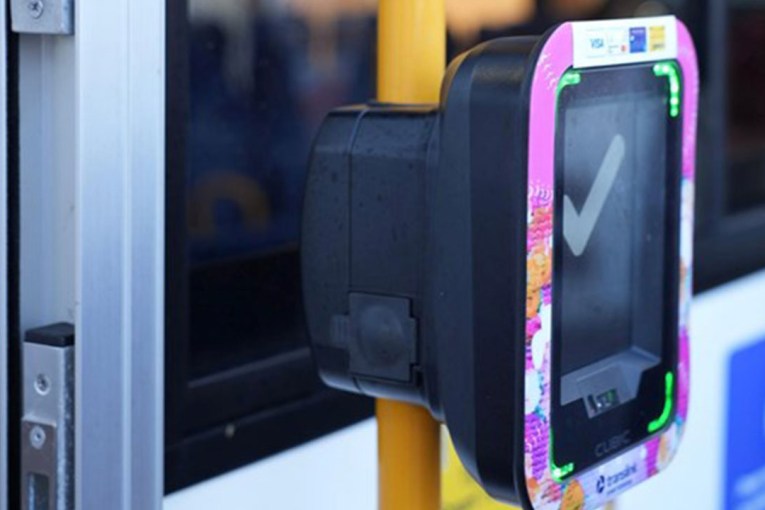Centrelink ‘punishment’ doesn’t help jobless find work, study finds
Welfare system paperwork is making it hard for people to find jobs as they skips meals and struggle to make ends meet, a study has found.

CentreLink queues may shrink further if employers embrace diversity in their recruitment plans. (File image).
An Anglicare Australia study released on Thursday found 75 per cent of recipients want to do Centrelink activities that lead to work, but just 13 per cent feel their obligations actually help them find full-time employment.
Further, only 19 per cent of respondents agreed their activities were tailored to their needs, with 85 per cent disagreeing Centrelink was supporting them to find work.
The findings come as Centrelink’s mutual obligations – tasks and activities recipients must do to receive certain payments – have been restarted after a pause due to the pandemic.
Anglicare Australia executive director Kasy Chambers said the study showed a clear need to overhaul the welfare system.
“People are forced to run a gauntlet of interviews, reporting, and administration that isn’t leading to work,” she said.
“Instead it’s stopping them from finding work, harming people, and driving some to despair.
“Yet the people we spoke to actually want to do activities that matter, and that lead them into work. Instead they are being forced into pointless busywork.”
One respondent noted there was no feedback about getting claim processes wrong, adding “you only find out that you didn’t fill out a form correctly when nothing turns up in your bank account”.
“If something goes wrong it’s going to be my fault because I am the one that read it and agreed to it … if I speak to someone if I don’t understand something, I can ask them,” the respondent said.
Other takeaways included 58 per cent have had a Centrelink debt, but 47 per cent of those believed it to be the result of an error.
The study notes it is “unique by international standards” for a government to impose debts on people overpaid due to system errors that are not their fault.
Chambers said recipients were being punished for the incompetence of others.
“They are punished when they miss appointments they were never told about. People don’t get a chance to appeal their breaches until after their payments have been cut off,” she said.
“It is impossible to know if their systems are accurate. Why should we assume the worst of people working through rules that Centrelink’s own staff can’t work out?”
Findings also included more than half of recipients had less than $100 of income left each week after housing costs, leading to 72 per cent “regularly” skipping meals.
Just nine per cent of respondents had never skipped a meal to save money.
Regarding those who have received a Centrelink breach, just a third felt they were given warning before action was taken, 28 per cent felt they’d received a “clear, fair reason” and only 24 per cent believed they had an opportunity to show they had done nothing wrong.












